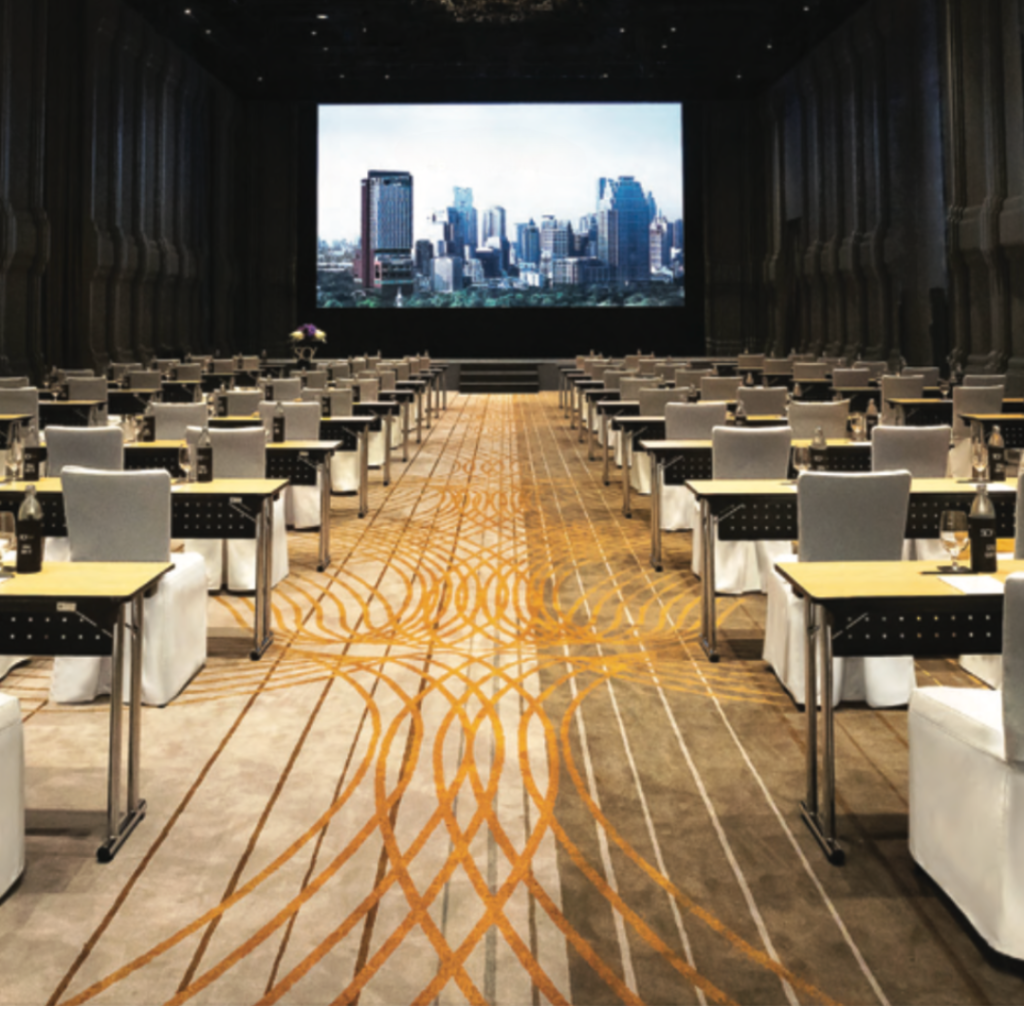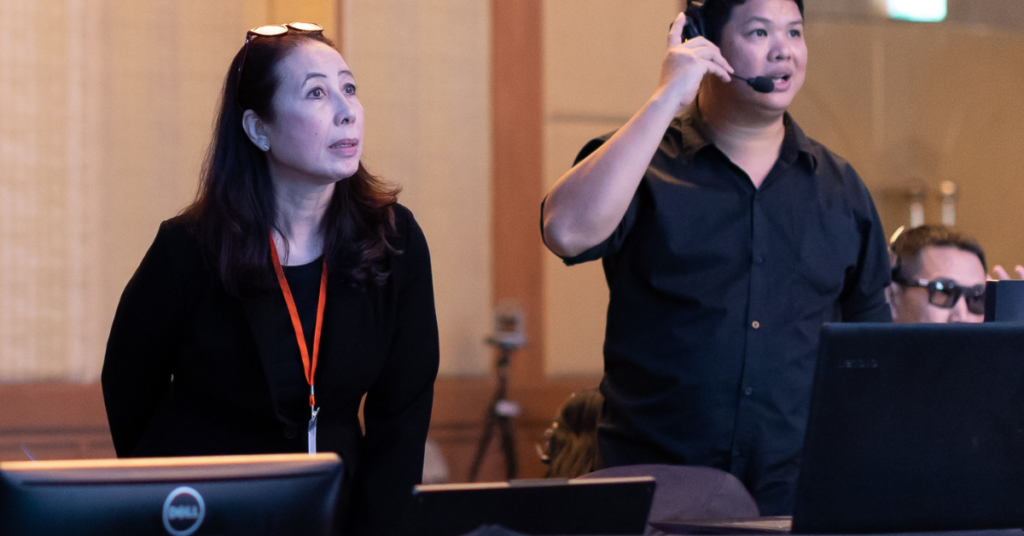Introduction
As a Business Event Planner, I consider site inspections crucial. I would only recommend a venue or site to a client if I or my team visited it first. Seeing the venue firsthand allows me to assess whether it meets my client’s requirements and suits their event. This is a fundamental step in my process and a solemn responsibility.
But what exactly is a site inspection, and why is it so crucial for your event’s success? Let’s dive into the essentials of site inspections and discover why they should never be overlooked.
What is a Site Inspection?
A site inspection, also known as a site recce, is a comprehensive evaluation of a potential event venue or destination. This process involves personally visiting the location to assess its suitability for your specific event needs. Whether you’re planning a corporate meeting, a gala dinner, or team-building activities, the site inspection is the opportunity to ensure the venue aligns perfectly with your client’s vision.
Why is a Site Inspection Important?
Conducting a site inspection is essential for several reasons:
- Firsthand Experience: You can experience the venue as your attendees will. You can evaluate the ambience, cleanliness, and overall feel of the space.
- Logistical Planning: It helps you understand the venue’s logistics, including layout, accessibility, and technical capabilities. This information is crucial for planning the flow of your event.
- Vendor Coordination: It allows you to meet with venue staff and discuss your requirements, ensuring everyone is on the same page.
- Identifying Potential Issues: It enables you to spot any potential problems that could affect your event, such as noise levels, parking availability, or restrictive policies.
What Should You Inspect?
During a site inspection, here are several venues you may view:
- Hotels: Check the guest rooms, conference facilities, and dining options. Ensure the hotel can accommodate your attendees comfortably and offers the necessary amenities.
- Restaurants: Evaluate the dining area, menu options, and service quality. Consider the restaurant’s ability to handle your group size and special dietary requirements.
- Dinner Venues: Look at the ambience, seating arrangements, and audiovisual capabilities. Ensure the venue can create the atmosphere you desire for your event.
- Team Activity Venues: Assess the space for safety, suitability for the planned activities, and availability of necessary equipment.
- Destination Sites: If your event involves travel, inspect the destination to ensure it meets your logistical and experiential needs. Consider transportation options, local attractions, and cultural factors.
What to View During a Site Inspection
- Venue Layout: Understand the layout and flow of the venue. Check for any obstacles or challenges in moving people around.
- Accessibility: Ensure the venue is accessible for all attendees, including those with disabilities.
- Technical Capabilities: Check the availability and quality of audiovisual equipment, Wi-Fi, and other technical requirements.
- Staff Interaction: Meet with the venue’s staff to gauge their professionalism and willingness to accommodate your needs.
- Safety and Security: Assess the venue’s safety measures, including emergency exits, first aid facilities, and security protocols.
Encouraging Clients to Join the Site Visit
Once you’ve conducted your initial site inspection, it’s beneficial to encourage your client to join you for a follow-up visit. Here’s why:
- Client’s Unique Perspective: The client may have specific needs or preferences that weren’t initially apparent. For example, I once accompanied a client on a site visit where the organizer insisted that all rooms be very well-lit, even though they already had ample daylight. Curious, I later discovered that the workshop activities required bright lighting to ensure the quality of the equipment. This detail, crucial for the event’s success, might have been overlooked without the client’s input.
- Tailoring the Experience: Having the client present allows you to tailor the site visit to their specific requirements. They can directly express what they need, whether it’s additional lighting, specific room configurations, or unique catering requests.
- Building Confidence: Involving the client in the site inspection process builds their confidence in your planning. It shows transparency and demonstrates your commitment to meeting their expectations.
- Ensuring Satisfaction: The goal is ultimately to ensure the client’s complete satisfaction. Their firsthand experience of the venue helps them visualize the event and feel assured that all details are being addressed.
How Long Should a Site Inspection Last?
The duration of a site inspection varies based on several factors:
- Scope of the Event: Are you considering a venue for a single meeting or an entire multi-day program?
- Number of Venues: Are you evaluating one or two venues or multiple options to narrow down the best choice?
- Location and Logistics: How far apart are the venues? Are they in the same city or spread across different locations?
For instance, a site inspection might last half a day if you only review a single venue for a meeting. However, if you’re exploring multiple venues or an entire destination for a comprehensive program, it could take several days. I recall a site visit in Queenstown, New Zealand, where I had to evaluate three to four hotels to narrow down the best options for the group. Queenstown offered many activities, from wine tasting to the Shotover Jet Boat, a steamship trip to an island with a sheep farm, and numerous dinner venues. The abundance of choices meant that thorough research was essential to maximize the effectiveness of the site visit, which ultimately took several days.
Conclusion
A thorough site inspection is a cornerstone of successful event planning. It ensures that the venue meets your logistical requirements and enhances the overall experience for your attendees. By conducting detailed site inspections and involving your clients in the process, you pave the way for a seamless and memorable event.
To help you get started, I’ve created a handy mini site visit checklist specifically for venues hosting meetings. This checklist will guide you through the key aspects to inspect during your site visits. Download it now and ensure every venue you consider aligns perfectly with your event needs.
Image Credit : SO Hotel , Bangkok




